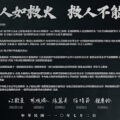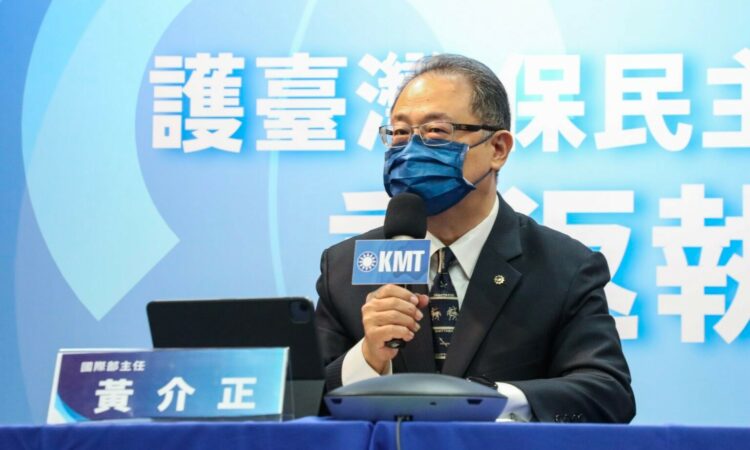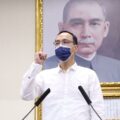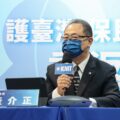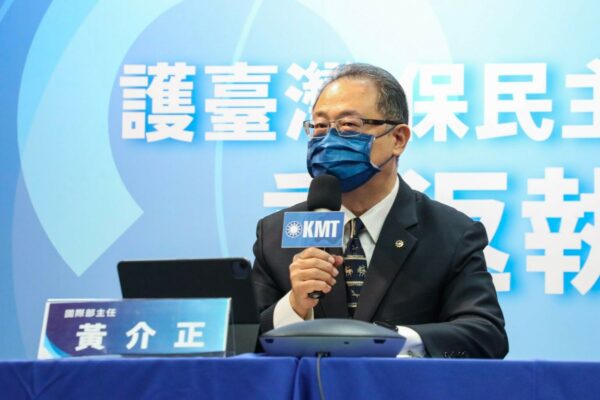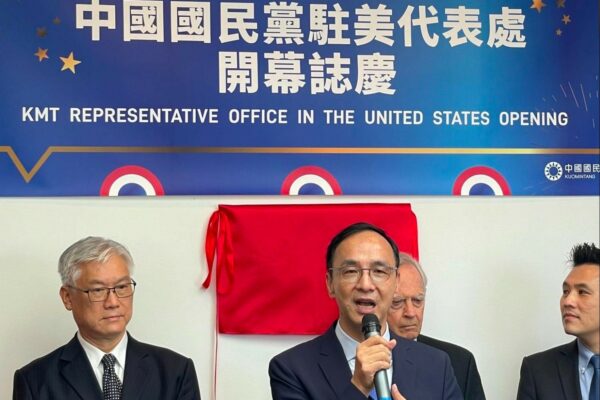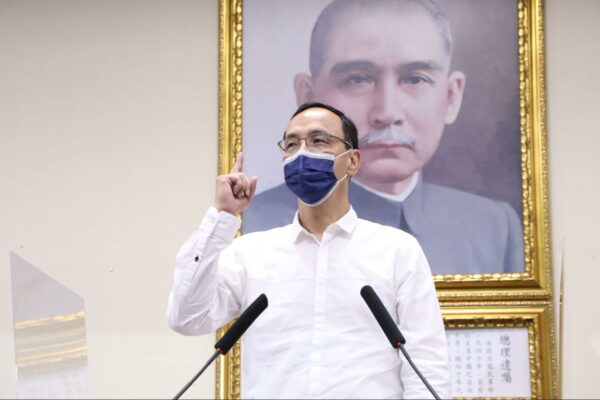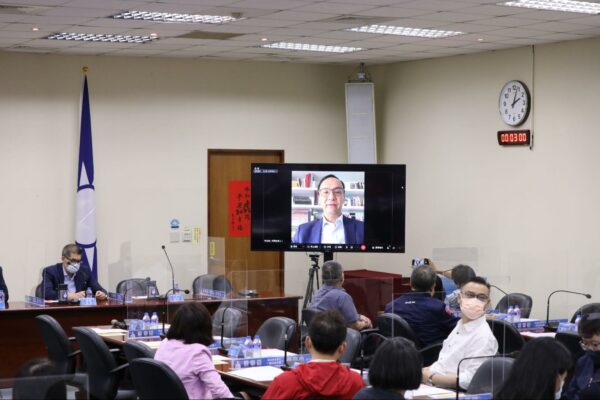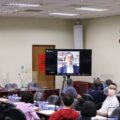Apropos the Chinese Communist Party’s celebration of its 100th anniversary, the Kuomintang (KMT) notes that looking back on history, the KMT’s dedication to revolution and national salvation preceded the CCP’s by 27 years. Doubtless, our two parties once fought alongside one another for national survival. Yet our great divides over ideals, objectives and means have also stoked conflicts, and ensuing tragic internecine strifes have evolved into today’s divided Taiwan Strait.
As the CCP marks its centenary, both the KMT and the CCP must be honest about our history. The KMT had made sacrifices and racked up remarkable achievements in modern China, and Taiwan’s developmental experiences had contributed to Mainland’s free-market reforms. All these have positive implications for the future of people on both sides of the Taiwan Strait. But meantime, we must not discount the reality that, for Taiwan’s 23.5 million citizens, continuous confrontations across the Taiwan Strait present a daunting challenge.
During the Cold War, both sides of the Taiwan Strait experienced military conflicts and zero-sum diplomatic tug of war. Over President Ma’s two terms (2008~2016), however, the KMT administration managed to create a tacit cross-strait understanding and expand Taiwan’s international space. Alas, peace and stability across the Taiwan Strait have eroded significantly over the past five years. To address current cross-strait conundrums, the KMT last year produced a cross-strait policy report. In it, we argued a series of cross-strait exchanges and dialogues must persist to reverse the vicious spiral toward conflicts. In conducting these exchanges and dialogues, we’ve stressed our adherence to the position of the Republic of China.
As the founding party, the KMT must see the rise and fall of the Republic of China as its utmost responsibility. Embodied in our policy toward cross-strait relations should be the core values for which our compatriots and ancestors had sacrificed over the past hundred years. These core values – engraved in the Constitution of the Republic of China- encompass the pursuit of national equality and dignity, liberty and democracy, economic prosperity and equal distribution of wealth. Since its implementation in 1947, not only has the Constitution underscored unbreakable cross-strait bonds, but it has also become a legal bedrock of cross-strait interactions. In sum, the Constitution is the mainstay of stable cross-strait relations.
Ergo, our cross-strait policy report, rooted in the Constitution, advocates seeking common ground while shelving irreconcilable differences. Further, as governments on either side of the Strait adjust interaction approaches to reflect the passage of time, the 1992 Consensus – “one China, respective interpretations”- based on our Constitution should continue to catalyze cross-strait interactions. Meanwhile, the KMT reasserts that we must not pursue progress in cross-strait relations at the expense of compromise on democracy and freedom. Instead, we ought to underline Taiwan’s invaluable experience in promoting democracy, individual freedom and the rule of law. Governments across the Taiwan Strait can chart a broad path toward cooperation in the years to come. But respect and recognition of the existence of two separate cross-strait political entities is a necessary prerequisite. With this basic mutual understanding, both governments can then seek common ground while punting on implacable differences. Indeed, this interaction approach has yielded concrete results. Voila, we’ve already had several successful high-level cross-strait interactions- from the Koo-Wang talks of 1992 to the ice-breaking and reconciliation between the KMT and the CCP in 2005 to the “Ma-Xi Meeting” of 2015.
But KMT’s efforts and energy are not merely directed at preserving the integrity and development of the Republic of China. For the Chinese nation’s welfare, we are also intent on realizing a government of the people, by the people, for the people. We call upon political parties on either side of the Taiwan Strait to take it upon ourselves to ensure cross-strait peace and stability, prosperity and development, and equality and freedom for all citizens. Reestablish political bona fides, restore channels of exchanges between our people, and focus on addressing people’s needs. Moving forward, the KMT bears no doubt that the institutions and values championed and inspired by our founding father, Sun Yat-sen, will prove a panacea to cross-strait relations.
